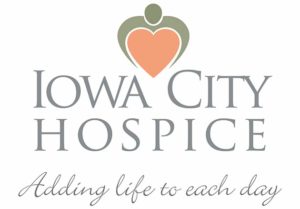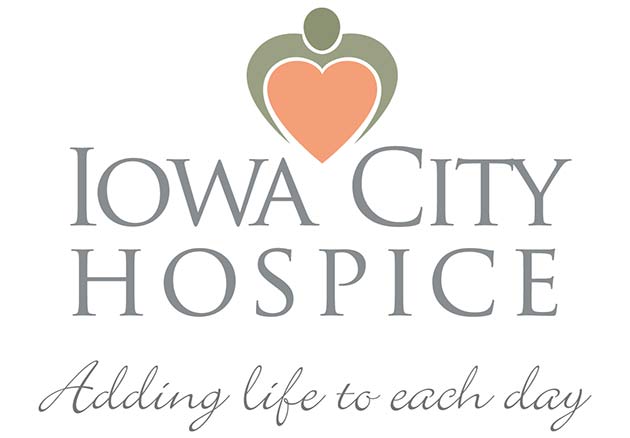Adult Day Centers
Provide supervised daytime care in a facility. Services often include meals, medication monitoring, etc. Their purpose is to provide short-term, daytime relief for the family caregiver.
Advocacy
ALS Services
Find resources for dealing with amyotrophic lateral sclerosis (ALS), also known as Lou Gehrig’s disease.
Alzheimer's Disease and other dementias
People with significant memory loss problems are said to have “dementia”. While Alzheimer’s is the most common form of dementia, there are more than 70 causes. Memory loss is difficult for the patient, but also especially hard on families. Fortunately, support services are available.
Cancer Resources
Information and support services available for persons with cancer and for their family members.
Cardiac Resources
Information and support services available for persons with heart disease and for their family members.
Care Management
Coordinates care for persons who have difficulty taking care of themselves. Arranges for community programs and local assistance.
Children's Resources
Information and support services that address the special needs of seriously ill children and their families as well as children who are themselves grieving due to the serious illness or death of a loved one.
Diabetes Resources
Information and support services for persons with diabetes.
Elder Abuse
Services available to protect seniors who may be in danger because of physical, verbal, sexual, or financial abuse or neglect and abandonment.
Emergency Response and Crisis Connect
HIV/AIDs
Resources for families and patients with HIV/AIDs.
Home Health Care
Nursing care, rehabilitation, medication supervision, and therapeutic services provided in the home by trained nursing staff and home health workers.
Home Repair
Includes programs for low-income home owners as well as renters.
Hospice Care
Specialized care for persons who have a life-threatening illness and have chosen to focus on comfort care measures. Care is provided by a multidisciplinary team typically comprised of physicians, nurses, social workers, a chaplain, and other allied health professionals.
Hospitals
Housing - Assisted Living Facilities
Apartment-style living that provides housing, meals, medication supervision, and activities. For those who are fairly independent or live with a fairly independent person who can care for them.
Housing - Board and Care Homes (also called "Adult Foster Homes")
Available in some states, these facilities involve private families taking seniors into their homes and offering room and board and medication supervision. This is a more home-like alternative for those who are unable to live independently.
Housing - Residential Care Facilities
Available in some states, these facilities provide apartment-style living without kitchens for those who do not need skilled nursing assistance but who have slightly more complicated needs than is appropriate for assisted living (for example, people with dementia or memory problems who are otherwise very healthy).
Housing - Senior Independent Living
Housing - Skilled Nursing Facilities
A residential facility that provides 24-hour skilled nursing care, although some also provide respite care (day-long or short-term stays).
In-Home Care Providers
Generally provide personal (non-medical) care in the patient’s home such as light housekeeping, meal preparation, assistance with bathing, etc. May also provide skilled (medical) care such as wound dressing, medication management, pain assessments, etc.
Information and Referral Services
Provides information about local programs and services
Legal Services
Provides assistance/counsel with legal issues relating to benefits, advance care planning, and estate-planning documents.
Long Distance Caregiving
If you are caring for someone who lives far away, these resources can help put you in touch with support services in that person’s community.
Medical Equipment Resources
Mental Health Services
For families and patients dealing with conditions of the brain, such as depression, bipolar, PTSD and schizophrenia.
Nutrition Programs
Provide meals, food stamps, and emergency food boxes.
Prescription Assistance
Provides information about access to reduced-price and free medications.
Respite Care
A facility that provides several days of 24-hour care for people who cannot live alone. The service is designed to allow the primary caregiver some short-term relief from their day-to-day responsibilities.
Support Groups-Cancer
Find online and in-person groups for both patients and for family members.
Support Groups-Cardiac
Support Groups-Caregivers
Serious illness affects more than just the patient. Get support and learn valuable tips from others who are also caring for a loved one.
Support Groups-Children
Gatherings for children and teens who are ill themselves, as well as youths who are impacted by the illness of others.
Support Groups-Diabetes
Groups for those impacted by diabetes and by complications from diabetes (e.g., dialysis).
Support Groups-Grief and Loss
For those who are grieving the death of a loved one. Provides an opportunity to receive and offer support in a caring and accepting atmosphere.
Support Groups-Lung Conditions
Offers persons with emphysema, chronic bronchitis, asthma, and other respiratory diseases an opportunity to share problems and experiences with others who have similar ailments.
Support Groups-Online
Provide even homebound caregivers and patients with an opportunity to share information, feelings and coping skills in a supportive atmosphere with others who are in a similar situation.
Technology Resources
There are many ways that technology and assistive devices can make it easier for people to live independently with a high quality of life.
Telephone and Visitation Services
Phone calls and/or home visits to seniors who are housebound.
Transportation for non-medical reasons
Public or private transportation for short or long distances, often at reduced rates if rider is disabled, senior, or low income.
Veteran Services
Persons who served in the armed forces often have access to special support programs available for veterans.
Yardwork and Weatherization
Includes programs for low-income home owners as well as renters.

